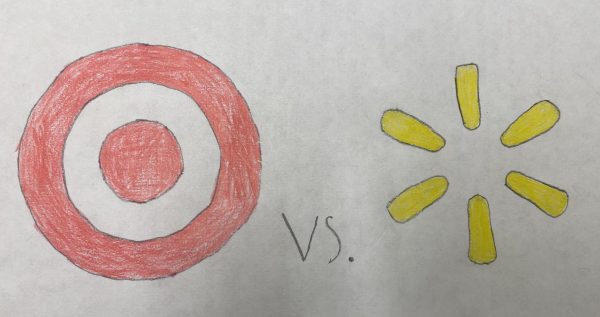Opinion: You might be in a cult
When you first read the title of this article, you probably thought to yourself that this wasn’t written for you. I wouldn’t be so sure. It probably seems impossible that someone could be involved in something as extreme as a cult without knowing it. Let me explain. When someone’s experiences and actions do not align with their beliefs or values, that is known as cognitive dissonance, which is not a comfortable feeling. Furthermore, humans have a natural tendency to want to preserve their self-image. A positive self-image is often dependent on acting in line with your beliefs.
So, when individuals experience cognitive dissonance, they will often alter either their actions or their beliefs so that the two better reflect each other. This reaction often manifests in the form of normalcy bias, better known as denial. This is when someone acknowledges the information presented to them but dismisses its importance, relevance, or integrity. A couple examples of this could be ignoring red flags when associating with new people or looking for reasons to justify bad habits.
On top of all of these behaviors, the very definition of a cult shows that it is designed to amplify these tendencies. These groups scorn independent thinking and restrict information that goes against the group’s ideology. Cults establish a feeling of necessity so that the group members develop a fear to leave. Also, these groups are very often chauvinist, meaning they impose feelings of superiority onto their members. Groups that show all of these behaviors are very extreme cases and pretty rare, but having one or two of these, or even all of them just to a lesser extent, is pretty common. These behaviors can be found in book clubs, yoga classes, gyms, extreme political groups, groups that are known for their exclusivity, and many more.
I mentioned earlier how people will often change their beliefs to conform to their actions, specifically denial. What I hadn’t mentioned is that denial versus acceptance is not a binary construct. More accurately, denial is experienced on a spectrum. In the case of cults, one may deny that they are in a cult, but accept that their group exhibits cult-like traits. This may be due to the connotation that a label like “cult” has. What’s interesting about labels is that they change absolutely nothing about the person or group with that label. Whether a cult is actually called a cult or not does not change the behaviors of that group.
Knowing this, the fact that many would never even consider the word “cult” to describe a group they’re in says a lot about how a word’s association has a direct correlation to its usage, regardless of how well that word would fit the given context. Another example could be seen in the conversation of equity vs. equality. I find this to be a really interesting argument because both sides have good intentions. It is hard for either side to talk bad about the other as both equity and equality have very positive associations. As humans, we can develop strong associations for abstract things such as labels. It’s these strong feelings that could be the reason you don’t accept nor realize the fact that you may be in a cult.

Joe Carlucci is in the class of 2023 at Oakmont Regional High School. He has been writing for The Oakmonitor for two years now. Joe participates in baseball,...

Delaney Taylor is currently a senior here at ORHS, as she is a member of the Class of 2023. Delaney has served as the editor of The Oakmonitor for the...












Olivia Fuller • Mar 1, 2024 at 8:48 am
I think I might be in a cult of goth weirdos…